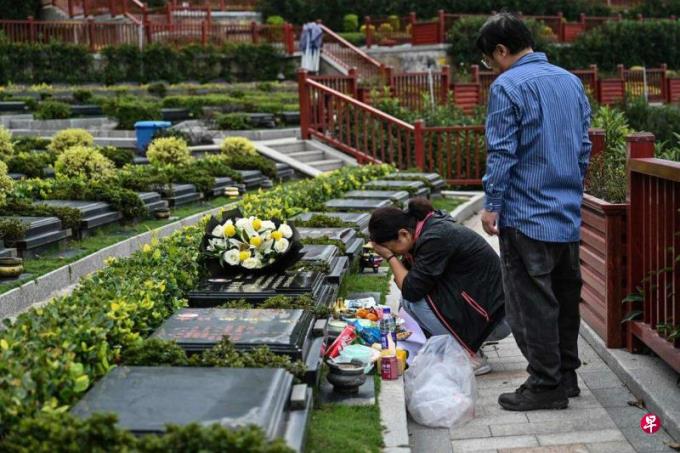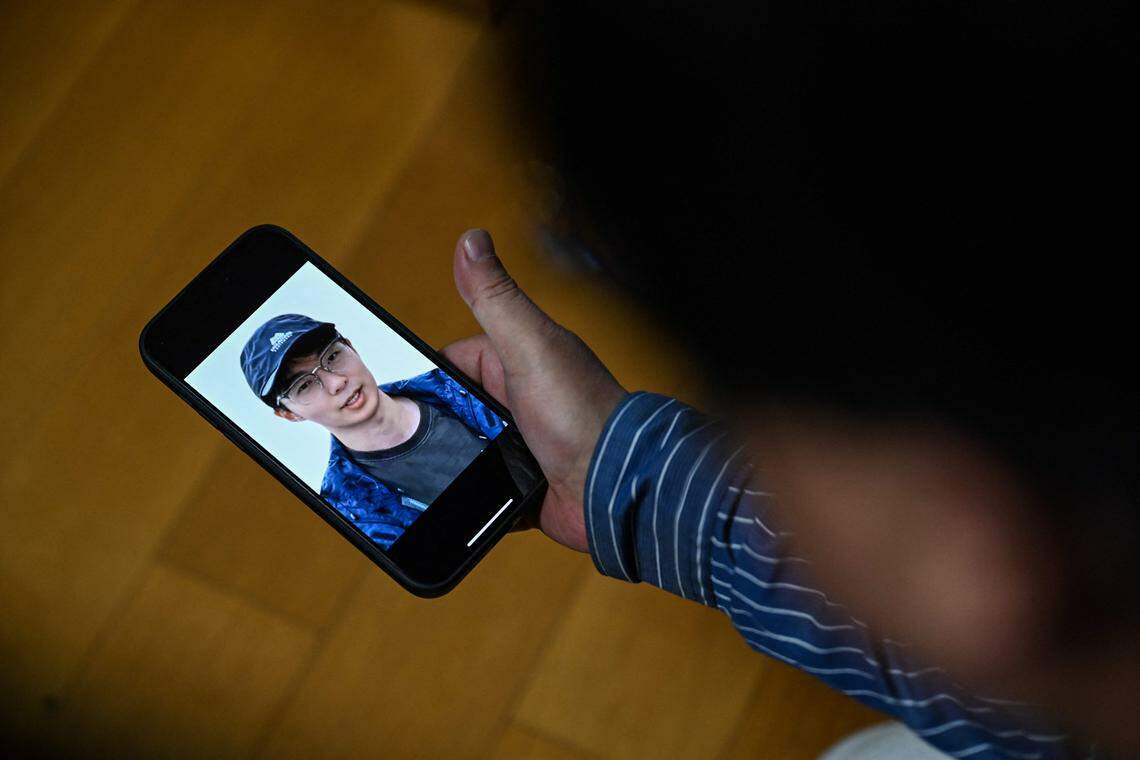
(Taizhou French Xindian) More and more Chinese families are turning to artificial intelligence (AI) technology to seek comfort after losing their loved ones.They use this technology to create realistic digital character scenes to alleviate the sadness of passing love.
According to Agence France -Presse, the Wu surnamed Wu from Zhejiang, China was trying to "resurrect" him through artificial intelligence technology after losing his only son.
Their children died unfortunately due to stroke while studying in the UK at the age of 22.Mr. Wu invested a lot of resources and energy, collecting his son's photos, videos and recording, and using deep learning technology to copy the child's face and sound. His goal is to create a realistic and realistic replica similar to his son in virtual reality.

In China, similar technology has flourished.Some companies have claimed that the deceased has created thousands of "digital people" with a last 30 seconds of audiovisual materials.These technologies provide urgent comfort for people who have lost their loved ones.
According to Zhang Zewei (sound), the founder of the "Super Brain" of the Artificial Intelligence Studio, China is at the leading level of artificial intelligence technology in the world.Due to China's huge population base and extensive emotional needs, this market has huge potential.
Zhang Zewei said that their service costs can be between 10,000 and 20,000 yuan (S $ 1865 to 3730), and the basic virtual image can be created within 20 days.These services are not limited to those who have, but also parents and lover who cannot accompany their children. Customers can even make video calls with the digital version of their loved ones.
Sima Huapeng, the founder of Nanjing Silicon -based Intelligent Technology Co., Ltd., said that this technology will "bring a new humanism."He compared it to portraits and photography to help people commemorate the deceased in a revolutionary way.
This technology has also triggered discussions on psychological and ethical effects.Moos, a guest researcher at the University of Bath's death and social research center, pointed out the question of how these virtual people faithfully reflect the personality of the deceased.For example, virtual human behavior does not meet the representative of the representative, so how should it be good?
The dispute between the deceased's unauthorized use of his personal data has also triggered widespread discussion.Saladin, assistant professor of the Department of Philosophy of the University of Hong Kong, said that although imitating a person's words or behavior or no special permission, it may need to be authorized to use its imitation image to perform other activities.
Zhang Zewei believes that new technologies always have double -sidedness. As long as technology can help people in need, it is justified.



